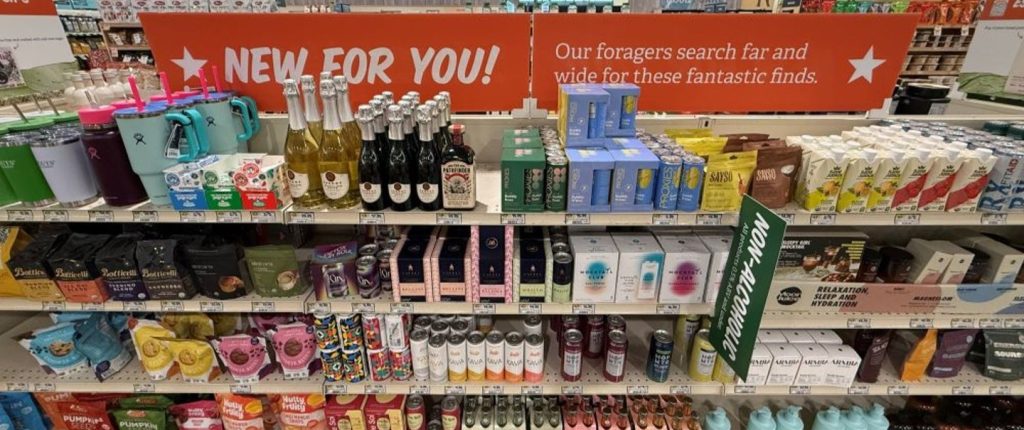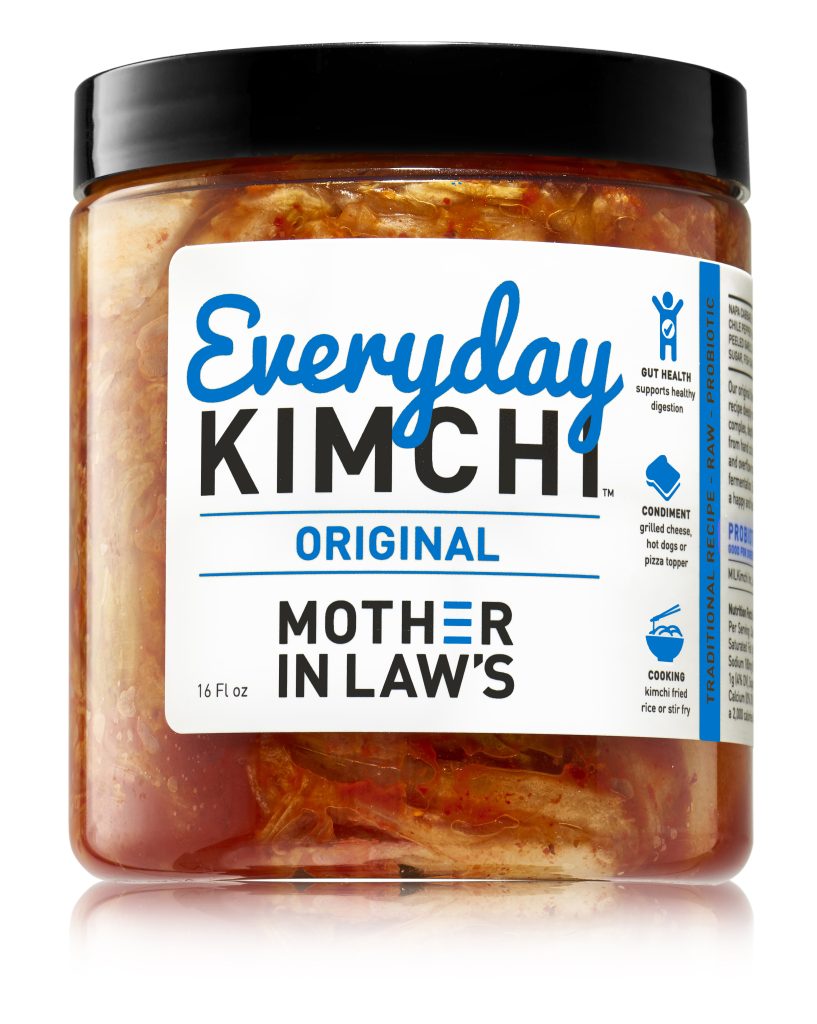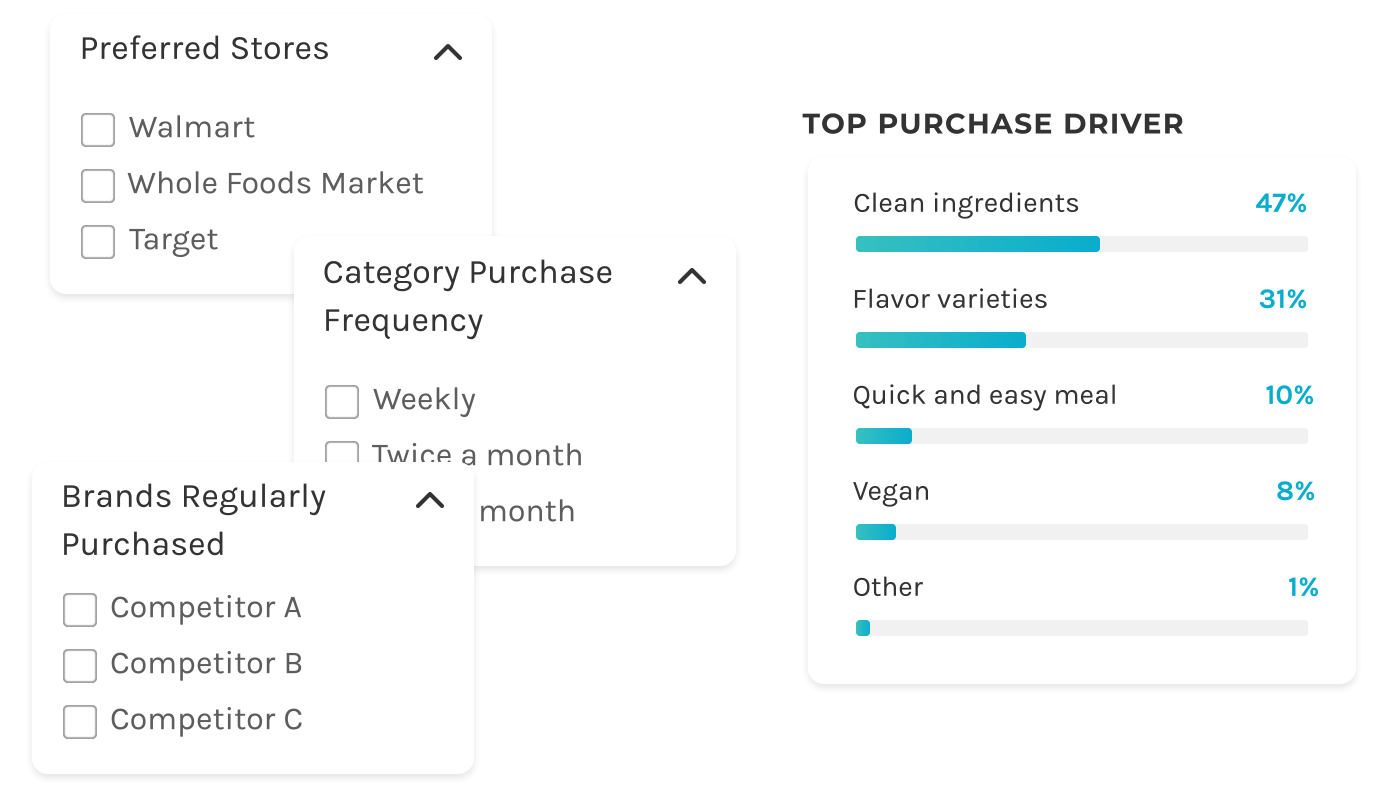Getting your brand into Sprouts Farmers Market can feel like a big milestone – and it is. With hundreds of locations and a loyal shopper base actively seeking better-for-you products, Sprouts can be a meaningful launchpad for growth.
But getting on the shelf is just the beginning. There is finite shelf space, so staying there, especially in a growing category, takes a smart, well-executed strategy.
Here’s how emerging natural brands can set themselves up for success at Sprouts.
Sprouts isn’t just another grocery store. They’re focused on health-forward, high-quality products that align with their commitment to wellness and clean eating. If you want to catch their attention, your product should offer:
- Short, clean ingredient lists
- Certifications like USDA Organic and Non-GMO Project Verified
- Clear benefits that support specific dietary or lifestyle needs
- Transparent sourcing and responsible production practices
Sprouts wants to offer products that genuinely meet consumer needs, not just fill space. If you’re refining your formulation or pitch, make sure these values come through loud and clear.
If you’re an emerging brand, Sprouts’ Forager Program can be a great way in. Their team of foragers is dedicated to finding standout products for a special section in stores called the Innovation Set: a curated area designed to spotlight up-and-coming brands.
This program is perfect if you’re not quite ready for national distribution or want to test in a handful of regions first.
How to get on their radar:
- Show up at key events: Sprouts foragers often scout products at industry expos and trade shows.
- Submit product materials: Make it easy for them to evaluate your product – clean sell sheets, samples, and relevant data.
- Stay in touch: Don’t be shy about following up and sharing updates.
If selected, your product will be placed in the Innovation Set, giving you a real shot (our insiders say around 40%) at earning a permanent spot on shelf.

The Innovation Set gives new brands 90 days of shelf space in a designated area, allowing you to test performance in a real retail setting without committing to a full rollout. If your product performs well, it could lead to permanent placement.
To make the most of your Innovation Set trial:
- Track your metrics: Sales velocity and shopper feedback will matter.
- Build in-store connections: Build relationships with store employees to encourage product promotion.
- Be ready to scale: Ensure your supply chain can handle increased demand if the product moves to permanent placement.
This isn’t just a trial, it’s your stomping ground for scaling. The brands that go the distance treat it as a critical opportunity to learn and improve.

Getting in front of Sprouts is a big deal. But once you’re there, you need to derisk their investment in you. Come prepared with the what, who, and why your product belongs in their assortment.
When presenting your product to Sprouts, focus on the following elements:
- What sets you apart: Be clear about how your product fills a gap or serves a need in the category.
- Data and demand: Show proof points – velocity in other channels, digital sampling insights, social media buzz.
- Your brand story: Share what you stand for and how that aligns with Sprouts’ values.
- Your launch plan: Highlight how you’ll support the launch (e.g., sampling, paid media, demos).
- Compliance: Ensure your claims are backed by certifications and you’re retail-ready.
And don’t oversell. If something’s still in development, like final packaging or updated claims, be upfront and share your timeline. Buyers appreciate honesty.
Sprouts shoppers are intentional. They read labels and care about ingredients. That means your packaging should be easy to understand, visually appealing, and transparent.
Ask yourself:
- Are your certifications (like Organic or Non-GMO) clear but not overcrowded?
- Is it obvious what the product is, what it does, and who it’s for?
- Does the design pop on shelf while still feeling credible and premium?
- Are you using sustainable or low-waste packaging, if possible?
If your product requires education, like a new format or functional benefit, make that messaging quick and digestible at a glance.

Getting into national retail comes with added costs that can surprise owner-operators. It’s not just about product margin, you’ll need to account for:
- Distributor fees: Budget for distributor chargebacks, which can reduce your sales price by approximately 10-15%.
- Promotional spend: Allocate funds for in-store promotions, sampling campaigns, and marketing efforts.
- Operational readiness: Ensure your production and distribution can meet demand without compromising quality.
Work closely with your broker or ops lead to map realistic forecasts ahead of time.
One of the biggest mistakes brands make? Treating a retail launch like the finish line. In reality, it’s the beginning of the real work.
Every unit sold is an opportunity to learn more about who’s buying, how they’re using your product, and what could make it better. Make a habit of:
- Reading reviews to see what shoppers are saying about your products and similar products
- Collecting qualitative feedback through digital sampling tools like Social Nature or surveys to understand consumer preferences and make necessary adjustments
- Keep on top of market trends – stay informed about what’s going on in the industry and competitor strategies
This is where your digital and retail strategies should work hand-in-hand to help you learn what’s landing and what’s not.

Behind every PO or category review is a person. Whether it’s a buyer, a store manager, or your distributor rep, strong relationships can enhance your brand’s success.
Some best practices:
- Check in regularly – don’t just reach out when there’s a problem
- Share performance wins (and learnings!) openly
- Be a good partner – show you’re willing to collaborate to solve issues quickly
The more trust you build, the more likely you are to stay top of mind for new opportunities.
***Get more expert tips on succeeding at Sprouts Farmers Market in our webinar, The Sprouts Success Playbook.




